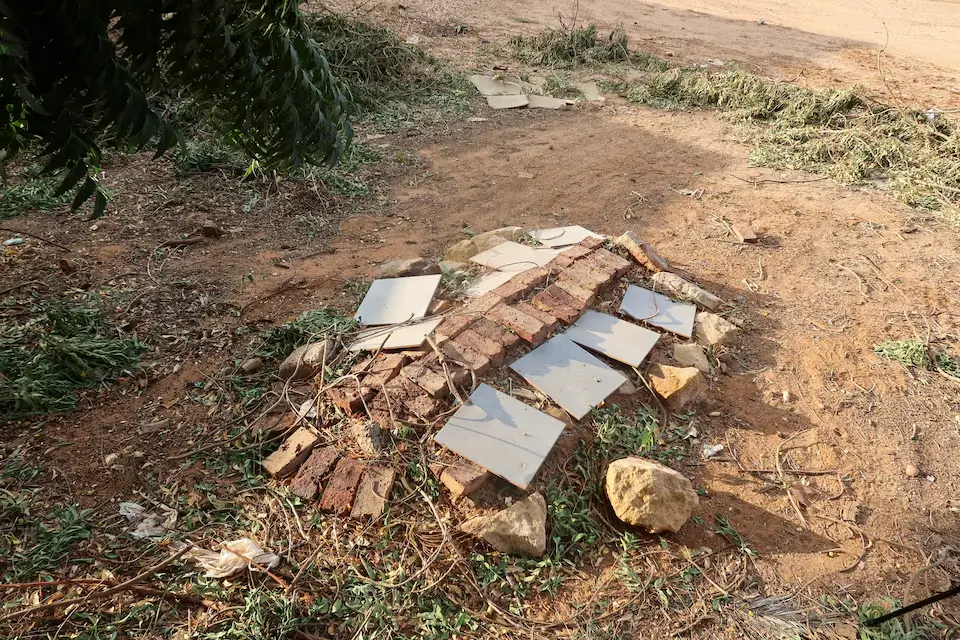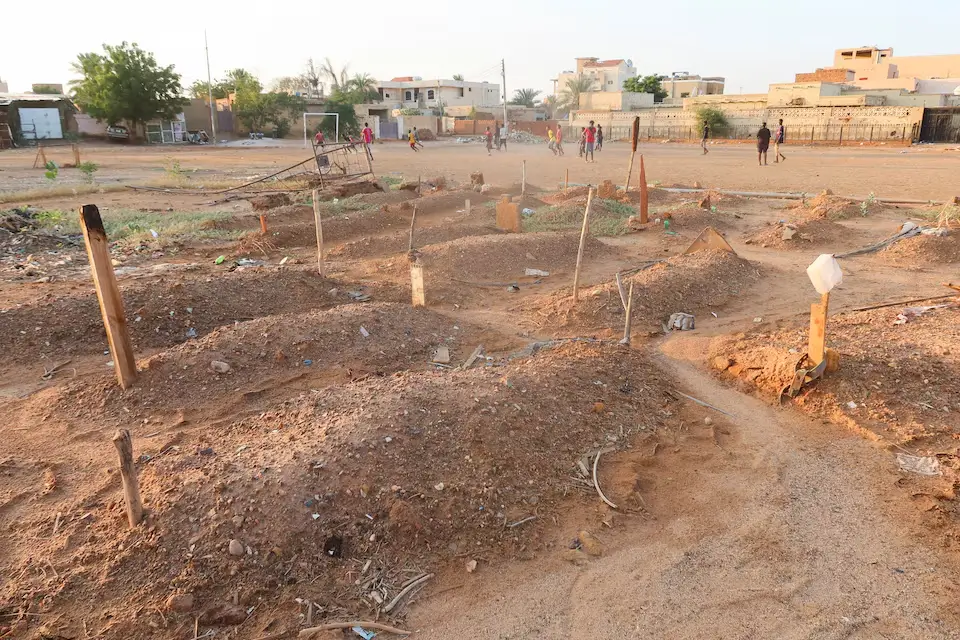A new preprint study estimates that over 61,000 people died in Sudan’s Khartoum state during the first 14 months of the country’s ongoing conflict. The findings suggest the true death toll from the devastating war is significantly higher than previously recorded.

Key Points on Sudan Conflict
- The study found around 26,000 of the deaths were due to violence, exceeding the 20,178 killings recorded nationwide by crisis monitor ACLED.
- Researchers used a “capture-recapture” methodology, compiling data from public surveys, private networks, and social media obituaries to estimate unrecorded deaths.
- Their analysis indicates the recorded deaths made up just 5% of the total estimated for Khartoum, and 7% of those attributed to “intentional injury.”
- Beyond violence, the mortality rate in Khartoum was 50% above the pre-conflict national average, with starvation and disease becoming leading causes.
Challenges in Counting the Dead in Sudan
- Even in peacetime, many deaths go unreported in Sudan.
- As fighting intensified, people were cut off from hospitals, morgues, and communication.
- Disruptions to internet and telecommunications left millions isolated.
Limitations of the Sudan Mortality Research
- Methodology assumes equal reporting chance, which may not apply to high-profile cases.
- Difficulties in extrapolating Khartoum findings to estimate mortality across all of Sudan.
Conflicting Narratives on Sudan’s Death Toll
- The Sudanese health ministry disputed the study’s higher estimates, citing its own lower death toll of 5,565.
- Both the army and rival paramilitary group have traded blame for the civilian toll.
Devastating Humanitarian Impact in Sudan
- The conflict has driven 11 million people from their homes and unleashed a major hunger crisis.
- Nearly 25 million – half of Sudan’s population – now need humanitarian aid.
- Residents described burying loved ones near their homes due to intense fighting.
The study, conducted by researchers from the London School of Hygiene and Tropical Medicine, highlighted the immense challenges in accurately counting the dead amid Sudan’s chaos.
“Our findings suggest that deaths have largely gone undetected,” the researchers wrote, noting the recorded deaths were a small fraction of their overall estimate for Khartoum.
An official at the Johns Hopkins Center for Humanitarian Health called the study a “novel and important attempt” to gauge the scale of the tragedy, though he noted limitations in the data sources.
The devastating toll underscores the immense human suffering caused by the conflict, which erupted in April 2023 from a power struggle between the army and a paramilitary group. The war has since spread across much of Sudan.
As the fighting rages on, stories have emerged of residents forced to bury their dead near their homes, with cemeteries overflowing as the death toll climbs. Experts warn the true scale of the crisis remains obscured.

